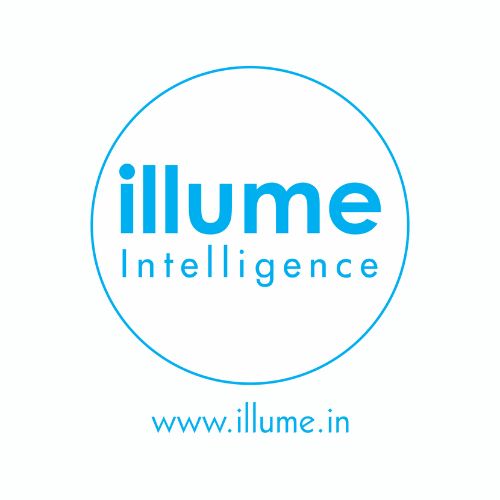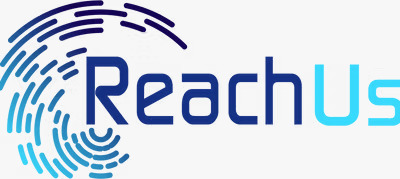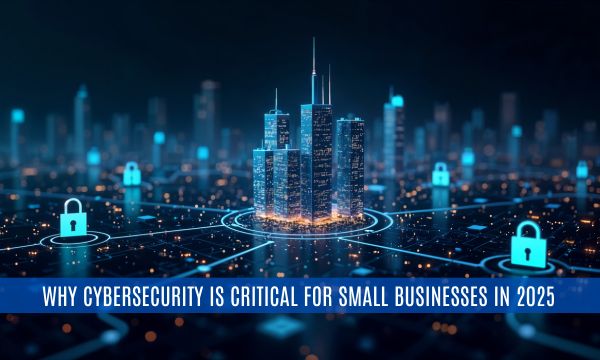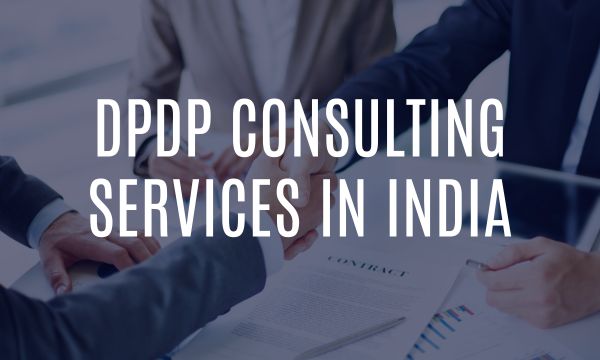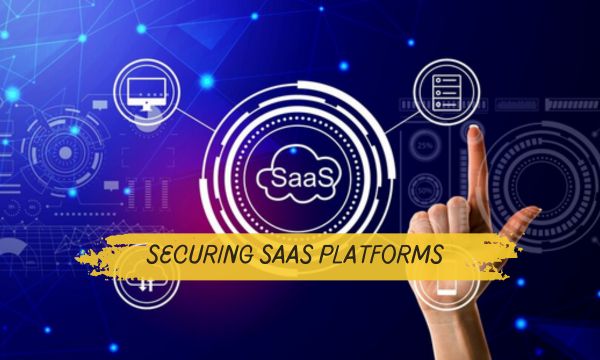
As Software as a Service (SaaS) continues to dominate the software landscape, offering businesses flexibility, scalability, and cost-effectiveness, it also opens the door to unique cybersecurity challenges. With the rapid adoption of SaaS solutions across various industries, companies must remain vigilant in protecting sensitive data from cyber threats.
Penetration testing (pentesting) emerges as a vital practice to identify and remediate vulnerabilities before they can be exploited. This blog will explore the key vulnerabilities SaaS companies face, the importance of recurring security assessments, and how implementing robust pentesting strategies can safeguard SaaS platforms against the evolving threat landscape.
The Unique Security Challenges of SaaS Platforms
While SaaS platforms provide numerous advantages, they also present distinct security challenges that cybercriminals can exploit. Here are some of the key vulnerabilities SaaS companies often encounter:
1. API Security Risks
SaaS applications typically rely on Application Programming Interfaces (APIs) to facilitate communication between different software components. However, if not properly secured, APIs can also serve as gateways for attacks.
Common API vulnerabilities include:
* Lack of authentication: If APIs do not require authentication, attackers can access sensitive data easily.
* Data exposure: Improperly configured APIs can lead to unintended data leakage, exposing user information and proprietary data.
* Injection attacks: APIs can be vulnerable to SQL, XML, or command injection attacks, allowing attackers to manipulate requests and gain unauthorized access.
According to the 2023 API Security Report, 93% of organizations have faced API-related security incidents in the past year, underscoring the importance of securing APIs as part of a comprehensive cybersecurity strategy.
2. Cloud Infrastructure Vulnerabilities
SaaS platforms often run on cloud infrastructure, which introduces additional security risks, including:
* Misconfiguration: Poorly configured cloud services can lead to unauthorized access to sensitive data or services.
* Insecure access controls: Inadequate identity and access management (IAM) can expose applications to unauthorized users.
* Data breaches: Attacks on cloud providers can compromise the data of multiple clients if proper isolation and security measures are not in place.
A notable example is the 2020 Capital One data breach, where misconfigured AWS (Amazon Web Services) servers exposed the personal information of over 100 million customers. This incident highlighted the severe consequences of neglecting cloud security best practices.
3. Multi-Tenant Environment Challenges
SaaS platforms typically operate in a multi-tenant architecture, where multiple clients share the same application instance. This setup presents unique security challenges:
* Data leakage between tenants: If a vulnerability exists, one tenant could access the data of another.
* Denial of Service (DoS) attacks: An attack on one tenant can impact the availability and performance of the entire application for all users.
The Benefits of Recurring Security Assessments
Given the unique vulnerabilities associated with SaaS platforms, conducting recurring security assessments through pentesting is critical for maintaining a strong security posture. Here are some of the key benefits:
1. Continuous Vulnerability Identification
The threat landscape is constantly evolving, with new vulnerabilities emerging regularly. Regular pentesting allows SaaS companies to identify and address vulnerabilities as they arise, rather than waiting for a scheduled audit. This proactive approach ensures that your platform is always secure against the latest threats.
2. Compliance and Regulatory Adherence
Many industries have specific regulations that require regular security assessments, such as GDPR, HIPAA, or PCI DSS. By conducting recurring pen tests, SaaS companies can demonstrate compliance with these regulations, reducing the risk of fines and legal repercussions.
3. Building Trust with Customers
Customers are increasingly concerned about data security, especially when entrusting their sensitive information to SaaS providers. Regular pentesting and subsequent reports can help build trust with customers by demonstrating a commitment to security. Transparency in your security practices can be a competitive advantage in attracting and retaining clients.
4. Improving Incident Response Readiness
Recurring pentesting helps SaaS companies refine their incident response plans. By simulating real-world attacks, companies can assess their response capabilities, identify gaps, and improve their security policies and procedures. This preparation can significantly reduce the impact of actual security incidents.
5. Cost Savings in the Long Run
While it may seem counterintuitive, investing in regular pentesting can save SaaS companies money in the long run. The cost of recovering from a data breach—including potential fines, legal fees, and lost revenue—can far exceed the costs associated with proactive security assessments. According to IBM, the average cost of a data breach is $4.45 million, making a strong case for investing in regular pentesting.
Conclusion: Prioritize Security for Your SaaS Platform
As the SaaS industry continues to grow, so do the risks associated with it. Companies must prioritize cybersecurity by implementing robust security measures, starting with regular penetration testing. By identifying vulnerabilities early and continuously assessing security practices, SaaS providers can protect sensitive customer data, comply with regulations, and build a reputation as a secure platform.
In an age where data breaches can severely damage a company’s reputation and financial standing, investing in pentesting is no longer optional—it's a necessity. Ensure your SaaS platform is equipped to face today’s cyber threats and secure your customers' trust.
Is your SaaS platform secure? Contact us today to learn how our penetration testing services can help identify vulnerabilities and strengthen your cybersecurity posture.
